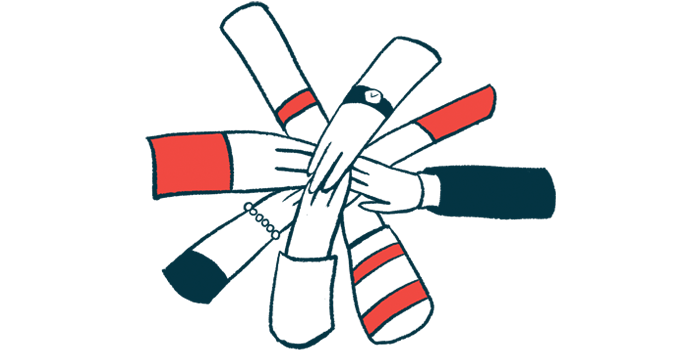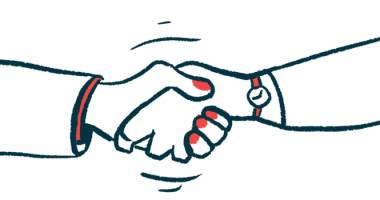WODA distribution alliance in rare diseases expands in Asia, Africa
World Orphan Drug Alliance aims to provide more access to treatments

The World Orphan Drug Alliance, known as WODA — a global coalition of pharmaceutical partners with rare disease portfolios — is expanding to cover more countries in Asia and Africa, according to a press release from the organization.
The overarching aim, according to the alliance, is to provide greater access globally to treatments for rare diseases. AADC deficiency is one of the rarest known disorders, with less than 200 documented cases worldwide.
WODA is comprised of pharmaceutical companies that work together to help distribute treatments for rare diseases in complex markets worldwide. Each company in the group takes responsibility for distribution in one specific region: for example, in central and eastern Europe, Medis heads distribution, while Vector Pharma oversees the alliance’s work in the Middle East and North Africa.
The coalition recently announced two new members to expand its coverage. The first is Nxera Pharma, formerly Sosei Group or Sosei Heptares, which will be overseeing distribution in Japan and South Korea. The second company is Veld Pharmaceuticals, which will have oversight for distribution on the African subcontinent.
With these additions, WODA now supports the commercialization of so-called orphan drugs — those for patients with rare diseases — in 156 countries on six continents.
2 new pharmaceutical companies join WODA ranks
Both companies are eager to get to work, according to their CEOs.
“Nxera Pharma is delighted to be a part of WODA’s expansion,” said Chris Cargill, Nxera’s president and CEO.
“People with rare or orphan diseases in Japan and South Korea deserve better access to effective, life-changing medicines. At Nxera Pharma, we are committed to delivering this and I am confident that being part of this global alliance will support our collective mission to provide the best new therapies to patients in need,” Cargill said.
Patrick Jordan, chairman of WODA, said the addition of Nxera “serves to round out our Asian offering.”
“Nxera Pharma was a logical partner for Japan and South Korea given its depth of experience in these markets,” Jordan said.
For its part, Veld has a professed goal “to be the one-stop solution for rare and orphan products on the African subcontinent,” according to Sandra Lambert, the company’s CEO.
“Named after a type of grassland in Southern Africa that is critical to the ecosystem, Veld aims to be the equivalent to patients suffering from rare and debilitating diseases,” Lambert said.
According to Jordan, this region “has historically been underserved with respect to novel therapies.”
“The addition of Veld Pharmaceuticals will dramatically increase access,” Jordan said.
WODA says it now will be able to provide treatment access for as many as 200 million rare disease patients, though the organization did not specify any conditions. There are thousands of documented rare diseases, and likely many more that haven’t yet been formally classified.
AADC deficiency is a genetic disorder that affects the nervous system, hindering communication between nerve cells. It primarily causes developmental delays and movement and behavior problems
Because rare diseases by definition only affect a small number of people, there’s not much free-market economic incentive to develop and distribute treatments — which has earned rare diseases the nickname of orphan disorders.
Due to economic incentives, pharma companies developing rare disease treatments usually first seek approval in the U.S., Canada, and/or the European Union. Getting treatments distributed to other markets can be challenging. The WODA members aim to partner with makers of treatments for rare diseases to help get life-changing therapies to the people who need them.







